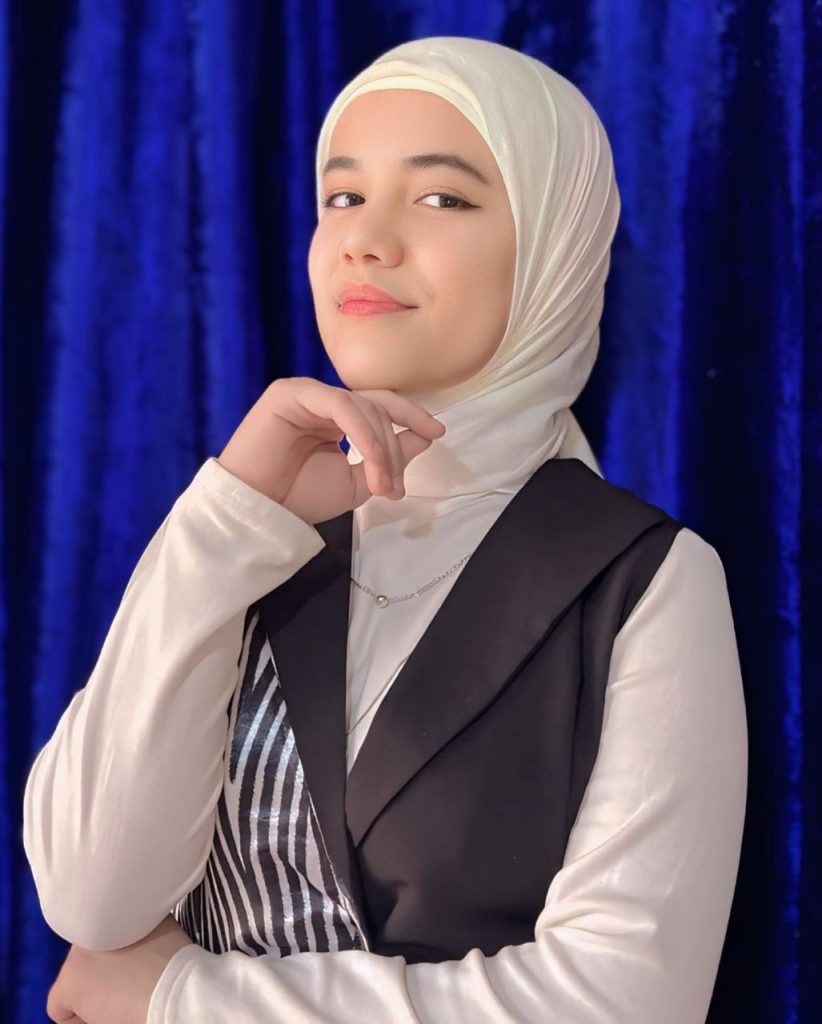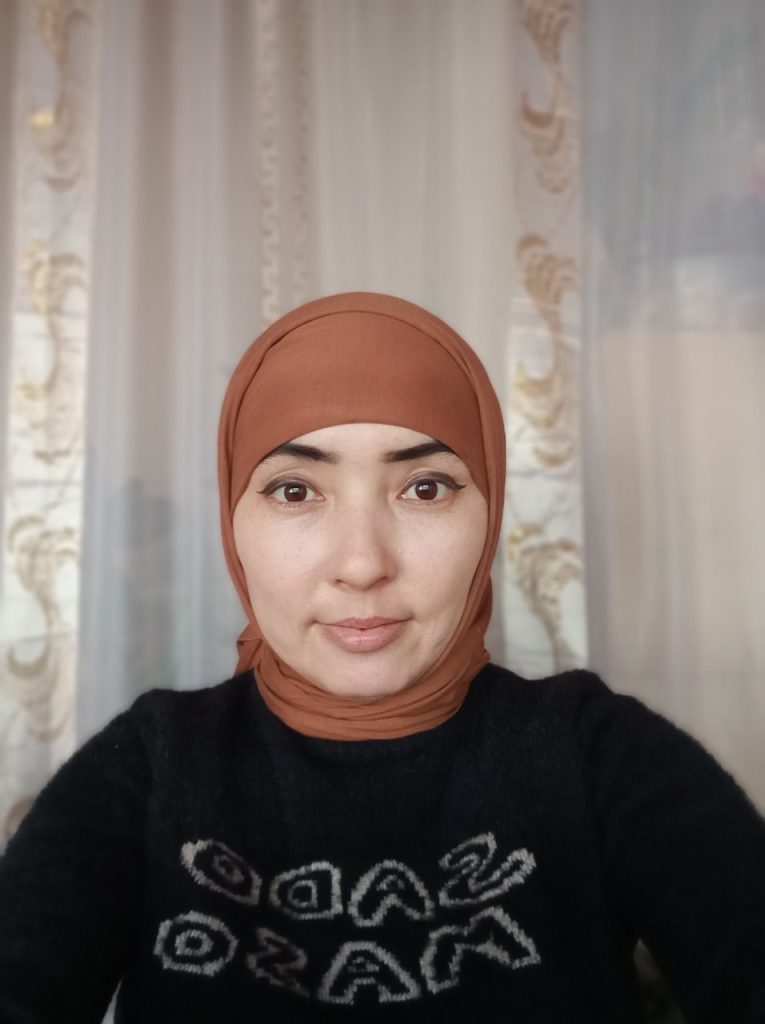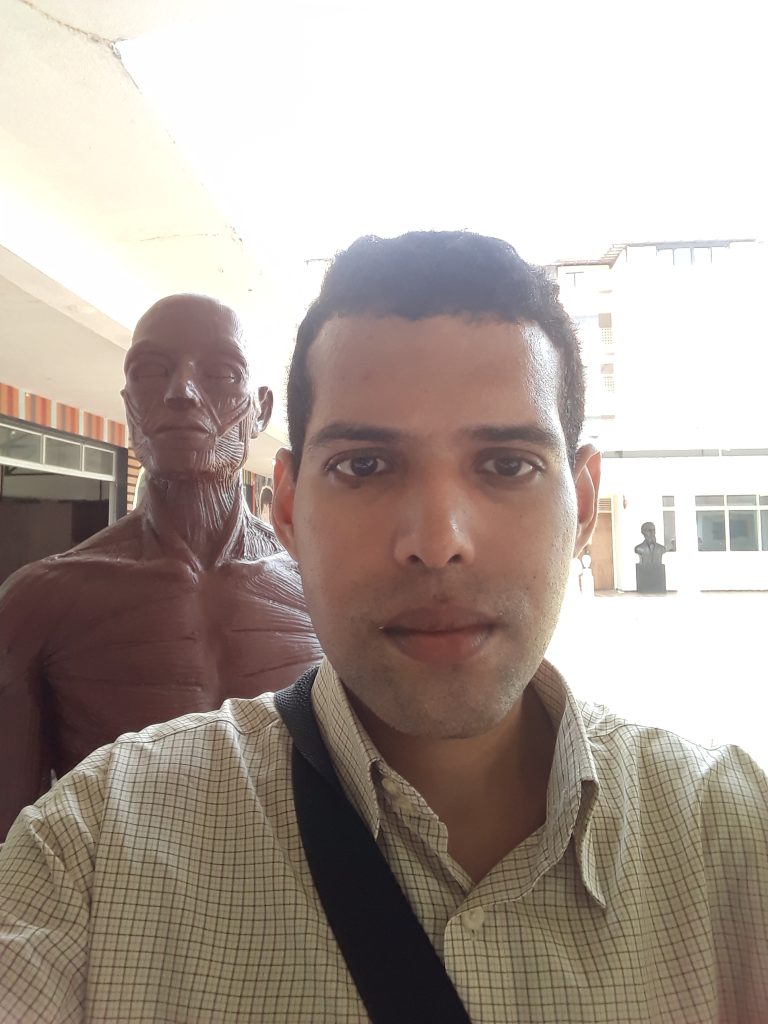
BOSHLANG‘ICH SINFLARDA KITOBXONLIKNI RIVOJLANTIRUVCHI INTERAKTIV USULLAR
Jizzax davlat pedagogika universiteti
Jizzakh State Pedagogical University
Faculty of Preschool and Primary
Education 2nd-year student
Arziqulova Adiba
ABSTRACT
This article examines the use of interactive methods in developing reading culture in primary school students. The effectiveness of pedagogical technologies such as the “Jigsaw,” “Boomerang,” and “Odd One Out” methods in reading lessons is analyzed. It is substantiated that these methods contribute to the development of students’ independent thinking and increase their interest in reading.
KEY WORDS: reading culture, primary education, reading lessons, interactive methods, pedagogical technologies, Jigsaw method, literary text analysis
INTRODUCTION
“Raising the culture of reading is an important guarantee for achieving our great goals.” – Shavkat Mirziyoyev
We would like to emphasize that the primary school curriculum is not a special state document in which the content and volume of knowledge, skills, and competencies to be mastered by students are strictly defined according to academic years. We needed to develop such a curriculum, but it could only be the result of successfully addressing a general task — identifying and substantively presenting the scientific and methodological foundations of the teaching course. In other words, we needed to describe the essential components aimed at studying reading as a method through which a growing and developing person acquires knowledge and reshapes reality, ensuring the uniqueness of planned educational activities. The starting point for reflection and analysis should have been the book itself.
RESEARCH METHODOLOGY
Nowadays, developed countries have accumulated extensive experience in applying pedagogical technologies that enhance students’ learning and creative activity and ensure the effectiveness of the educational process. The basis of this experience is interactive methods, which are increasingly used by almost all teachers in their lessons.
The term “interactive” originates from the English word interact (Russian: “интерактивный”), which literally means “inter” – mutual, bilateral, and “act” – to act, to do.
An interactive method in education serves to activate students’ learning and develop personal qualities by increasing the activity between students and teachers. The use of interactive methods fosters independent thinking, analysis, drawing conclusions, healthy communication, expressing one’s opinion and defending it with reasoning, focusing attention on the main issues of the lesson topic, participating in discussions and debates, and creating conditions for students to realize their potential.
There are many types of interactive methods, which are chosen according to the lesson topic and intended objectives, and require prior preparation. Correctly selected methods make lessons interesting and effective. Participation in interactive lessons requires students to be prepared and meet certain requirements, including mastering the necessary knowledge for active participation, readiness for communication, collaborative work, independent thinking, and the ability to express and defend their opinions.
Below is an example of an interactive method for developing reading skills among primary school students. The “One Extra” strategy (fifth, sixth, seventh, etc., is extra) helps students not only develop logical thinking but also improve skills in understanding texts and analyzing literary works. The method is applied in reading lessons as follows:
1 Form a system of concepts that reveal the content of the text or story (characters, events, main idea, literary devices);
2 Select four (five, six…) elements that match the text and one element that does not fit;
3 Ask students to identify the extra element and explain why they chose it;
4 Study the remaining concepts, analyze their interrelations, and gain a deeper understanding of the text’s content.
This method helps students develop independent thinking, justify their viewpoints, exchange ideas with peers, and at the same time, increases interest in reading.
Every lesson is a new adventure, and every book is a key that opens doors to new worlds. Using this method, students not only comprehend the text but also develop a love for books and expand their knowledge and imagination.
REVIEW OF LITERATURE
It is known that in the second half of the 20th century, the methodology of primary education began to emphasize approaching literary works aesthetically, studying them as works of art. At the same time, psychological research indicated that the potential abilities of young students require a different approach to introducing them to the world of literature.
For instance, N.N. Svetlovskaya developed a theory of independent reading for students, while Ye.A. Adamov, M.S. Vasileva, V.G. Goretskiy, M.I. Omorokov, T.G. Ramzaeva, and others focused on analyzing the form and content of literary works. L.A. Gorbushina, O.V. Kubasova, L.N. Mali, L.V. Nefedova, and others highlighted the importance of students’ creative activities in methodology. Some researchers emphasized the necessity of developing reading techniques. Thus, the methodology of primary education has gone through significant stages of formation as a scientific discipline.
In the work of J. Yoldoshev and S. Usmonov, “Pedagogical Technologies and Pedagogical Mastery”, the theoretical foundations of applying modern pedagogical technologies in the educational process are extensively explored. The authors analyze the content, types, and mechanisms of implementing pedagogical technologies in teaching, demonstrating that the teacher’s pedagogical mastery is a crucial factor in enhancing educational effectiveness. This source plays a particularly important role in defining the scientific and theoretical basis for the use of interactive methods in primary education.
ANALYSIS AND RESULTS
Currently, primary school teachers expect clear, evidence-based, and scientifically grounded guidance from methodology. Methodology ensures that future primary school teachers can approach the content of literary education independently and consciously. They should not only study the experiences of others but also analyze the results of these activities critically and draw correct conclusions.
M.A. Ribnikova identifies four didactic principles as the foundation of methodology:
1 Education should comprehensively influence students’ understanding.
2 Students should clearly understand the task set before them.
3 The teacher should have the skill to present new complex phenomena as if they were familiar.
4 Deduction should be linked with induction.
Ribnikova views the methodological system as a living process and emphasizes the need to focus attention on the methodological system itself.
These perspectives highlight the need for a new approach to the analysis and interpretation of literary and artistic works studied in primary school reading lessons. Conducting text analysis systematically and step by step allows students to direct their learning activities toward specific goals.
The “Boomerang” method is aimed at helping primary school students analyze reading material independently and explain it to their peers. Each student studies a part of the text and then presents it to other students in the group. As a result, knowledge is comprehensively and consciously acquired.
This method:
Organizes students’ activities step by step;
Ensures an individual approach;
Develops independent thinking and teamwork skills.
The use of pedagogical technologies such as “Boomerang” and the “Saw” method ensures that work with literary texts is goal-oriented, learning activities are systematically organized, individual approaches to students are provided, and students’ work can be monitored and assessed quickly.
In the “Saw” method, the literary text is divided into components. This technology can be applied to study all works included in the Grade 4 “Reading Book” curriculum. For example, in the lesson studying the story “The Prince’s Childhood”, the text is first presented as audio. The story is divided into four parts, and the class is split into four small groups. Each group is assigned one part to study.
Using the “Saw” method, students work independently in small groups. Each group understands the content of their assigned section and identifies the main idea. In the next stage, groups are restructured so that students explain the parts they studied to one another. As a result, the full content of the work is comprehensively and consciously acquired.
This method helps students develop skills in independent thinking, communication, teamwork, and justifying their opinions. Lessons that employ interactive methods significantly increase students’ engagement and interest in reading.
The results of the study indicate that pedagogical technologies such as “Saw” and “Boomerang” are effective in primary school reading lessons, contributing to the conscious comprehension of literary works and fostering a culture of reading.
CONCLUSION
In conclusion, the use of interactive methods in primary school reading lessons enhances the effectiveness of education. Pedagogical technologies such as “Saw” and “Boomerang” increase students’ engagement, develop their skills in conscious comprehension and analysis of literary works, and foster independent thinking. As a result, students’ interest in books grows, and the culture of reading is strengthened.
LIST OF REFERENCES
1.Azizxo‘jayeva, N. N. (2006). Pedagogik texnologiyalar va pedagogik mahorat: O‘quv qo‘llanma. Toshkent: O‘zbekiston Yozuvchilar uyushmasi, Adabiyot jamg‘armasi. https://www.ziyouz.com
2.Komiljonova, G. (2024). Ta’limda interfaol metodlardan foydalanishning afzalliklari. Worldly Knowledge International Journal of Scientific Researchers, 5(2), 766. ISSN: 3030-332X.
3. Omonov, H. T., Xoʻjayev, N. X., Madyarova, S. A., & Eshchonov, E. U. (2009). Pedagogik texnologiyalar va pedagogik mahorat: 5A340605 – Xalqaro moliya mutaxassisligining magistrantlari uchun darslik. Toshkent: IQTISOD-MOLIYA. https://www.ziyouz.com
4.Pardabayev, D. A., & O‘ktamova, S. U. (2023). Boshlang‘ich sinflarda kitobxonlikni shakllantirish dasturi. Research Focus, 2(3). https://doi.org/10.5281/zenodo.7779225
5. Qorayev, S. B., & Janbayeva, M. S. (2022). Boshlang‘ich ta’limda o‘qish darslarida interfaol metodlarni samarali qo‘llashning o‘ziga hos jihatlari. Academic Research in Educational Sciences, 3(1), 1079–1085. https://doi.org/10.24412/2181-1385-2022-1-1079-1085
6. G‘ulomova, X. (2020). Boshlang‘ich sinfda o‘qish darslarini tashkil etish metodikasi. Academic Research in Educational Sciences, 1(3), 354. https://www.ares.uz





